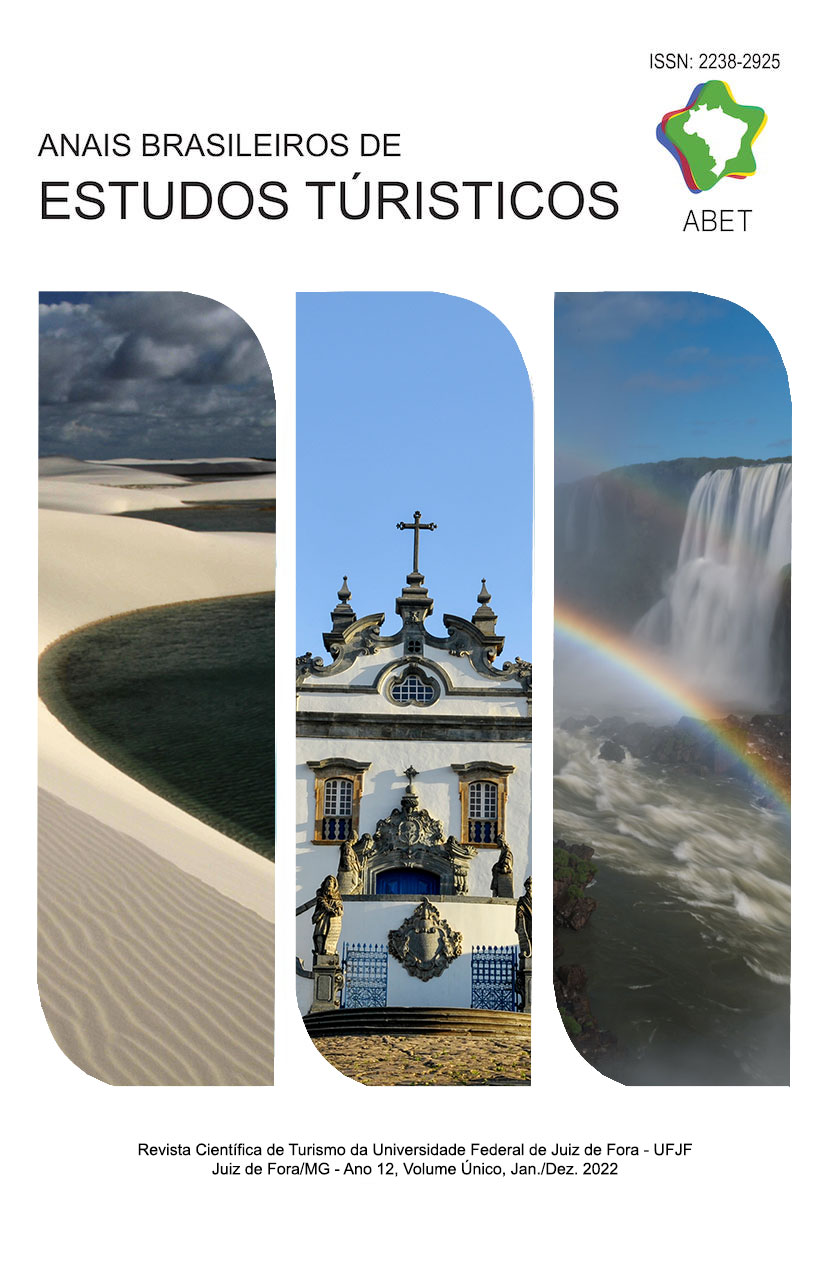Adaptability and resilience to COVID-19: 8 cases of rural tourism in indigenous communities in central Mexico.
DOI:
https://doi.org/10.5281/zenodo.6823347Keywords:
Economic impacts of tourism, Management of tourism enterprises, Local DevelopmentAbstract
The rural space has undergone important processes of social adaptability since the incorporation of tourist activities as a complement to the economic income of rural families, associated with the “New Rurality” concept. In the case of rural tourism in central Mexico, the incipient development of a complementary activity can be observed, whose positive impact on the communities was just beginning to gain strength in the face of a highly urbanized society, which demands the multiple benefits of rural spaces. However, the outbreak of the pandemic caused by COVID-19, led to the abrupt closure of non-essential activities and the loss of jobs and additional income generated by tourism. Faced with this disruptive scenario, multiple social actors, who had turned towards the logic of multifunctionality of the rural space, have been forced to deploy various adaptive strategies to adjust to the "new normal", the aim of this manuscript is the analysis of these adaptation processes. It is concluded that the complex and heterogeneous nature of rural societies is an important reservoir of survival strategies that will become increasingly important in the face of an uncertain future, associated with the eminent crisis of the Anthropocene.
Downloads
Downloads
Published
How to Cite
Issue
Section
License
Copyright (c) 2022 Anais Brasileiros de Estudos Turísticos

This work is licensed under a Creative Commons Attribution 4.0 International License.
This journal provides immediate open access to its content, following the principle that providing free scientific knowledge to the public provides greater democratization of world knowledge.
Authors must agree to the following terms relating to copyrights:
(a) Authors keep all copyright and grant the to the journal the right of first publication, with the work simultaneously licensed under the Creative Commons Attribution License that allowing job sharing with recognition of authorship of the work and initial publication in this journal.
(b) Authors are allowed to assume additional contracts separately, for non-exclusive distribution of the version of the work published in this journal (e.g. publish in institutional repository or book chapter), with recognition of authorship and initial publication in this magazine.
(c) Authors are allowed and are encouraged to publish and distribute their work online (e.g. in institutional repositories or on your personal page) since they do not do this before or during the editorial process, as this can generate productive interchange, as well as increase the impact and citation of work aired. (See Effect of Free Access).















